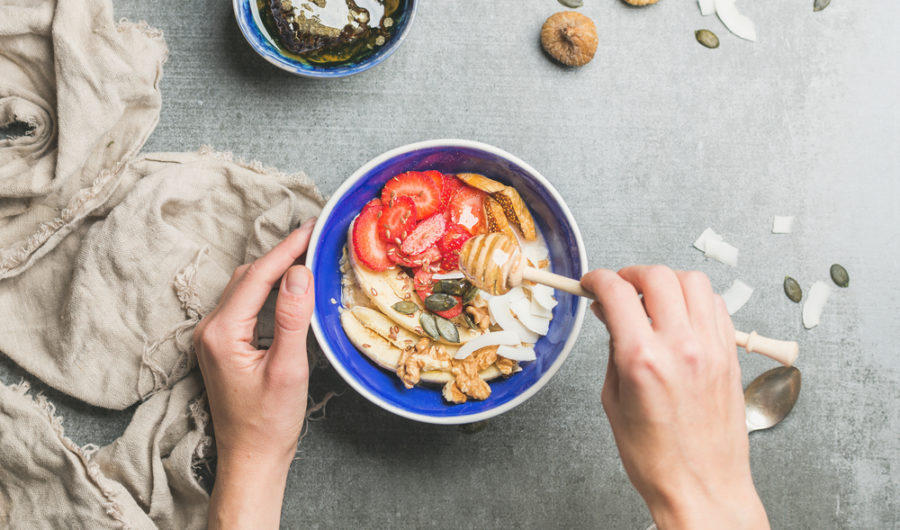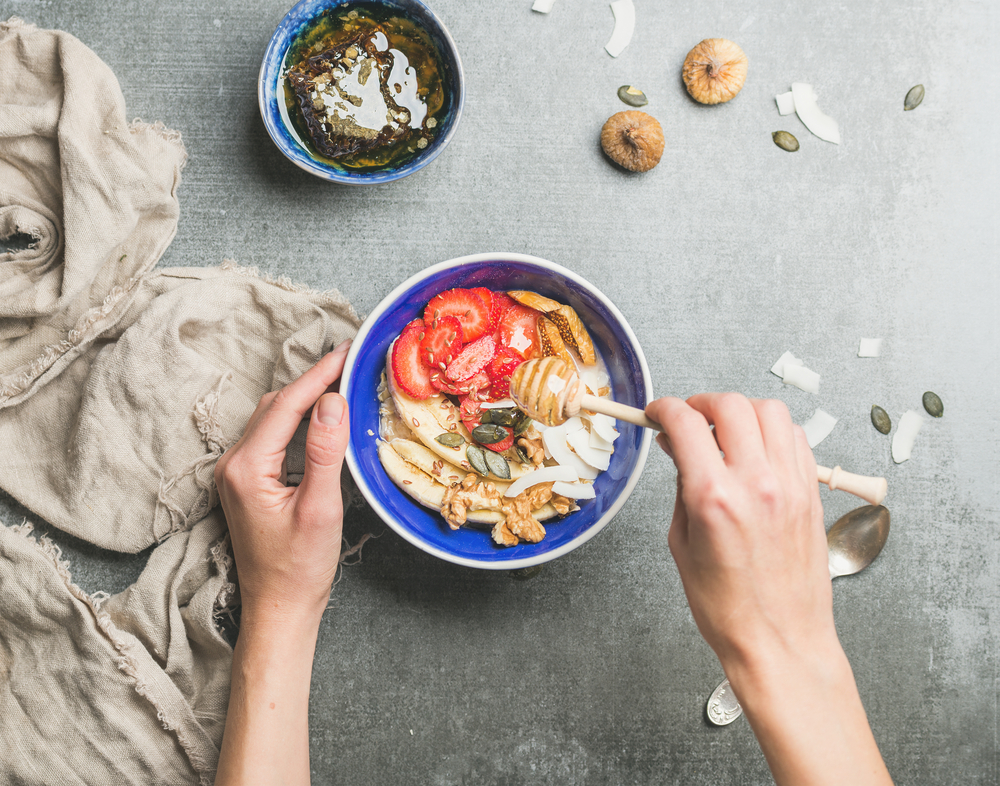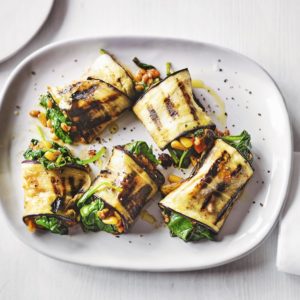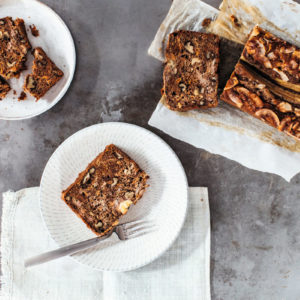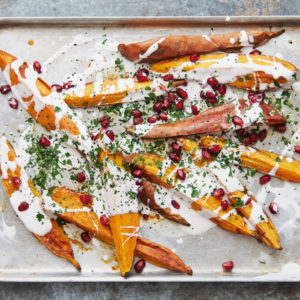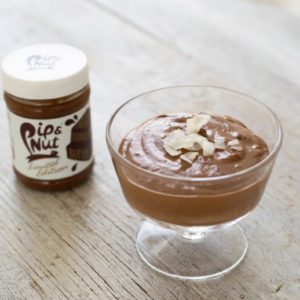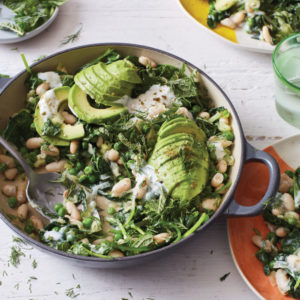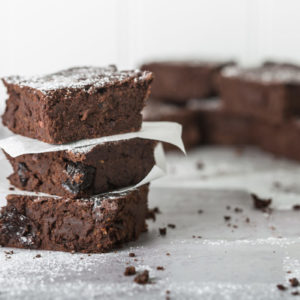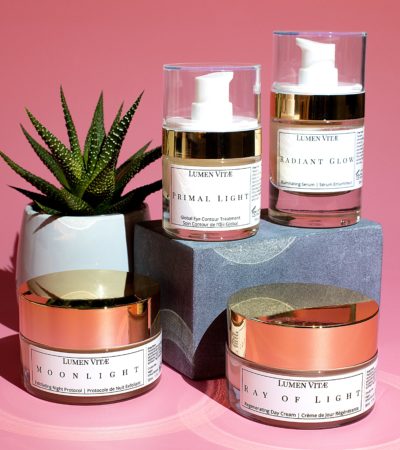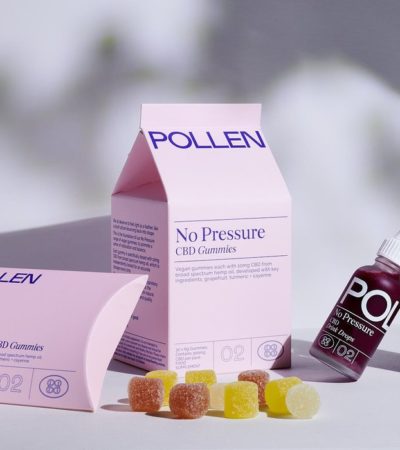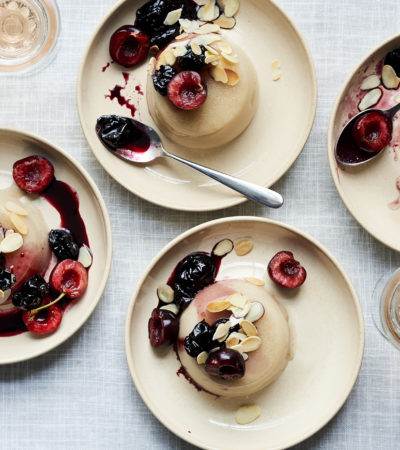The secret to getting that well-deserved beauty sleep is both more complex and more fascinating than we could have imagined. Although it is true that a coffee late in the afternoon won’t do you many favours, there is a lot more you can do to ensure you get some good kip in.
The body has its own internal clock called our circadian rhythm; this is like an internal alarm clock that tells the body when to release hormones which control our appetite, sleep, energy, hunger and lots more. In regard to sleep, serotonin and melatonin are the two hormones that we want to be balanced to ensure we get a good night’s rest.
Let’s start with serotonin. Although serotonin is primarily linked to wellbeing and happiness, it is also the building block of melatonin, the vital ingredient to sleep. Interestingly, 95% of serotonin is found in our gut, meaning that both the health of our gut and the foods that we eat have a tremendous impact on the levels of serotonin and, therefore, melatonin in the body.
The main hormone involved in getting that idyllic, restful sleep is melatonin. We often relate hormone production to the brain, and whilst melatonin is produced in the brain, it is actually produced in greater quantities by the gut.
The foods we eat and our gut health, in general, could have more influence on our sleep patterns than we could ever have realised. Have you ever travelled or had bad jet lag and noticed that your digestion seems sluggish or maybe you feel more bloated? This is all down to the body’s circadian rhythm being disrupted, which affects the production of serotonin and melatonin and in turn, causes an unbalance in the gut. Studies have shown that once a normal sleep pattern has been restored so does the imbalance in the gut.
So, which foods can we eat more of to get a better night’s sleep?
Selenium
brazil nuts, sunflower seeds, beef, chicken and if you fancy the extravagant then oysters are also a great source.
Vitamin C
found in green leafy veggies, kiwi fruit, strawberries and in the old favourite citrus fruits.
Tryptophan
a key precursor to serotonin, tryptophan can be found in turkey, chicken, eggs, sweet potatoes, chia seeds, hemp seeds, bananas, almonds, yoghurt and leafy greens.
Potassium
traditionally found in bananas, but also in leafy greens, potatoes, broccoli and avocados. If you can get your hands on dulse, then this sea vegetable is high is so many nutrients including potassium.
Calcium
there are lots of non-dairy options for finding calcium naturally, such as kale, collard, mustard greens and sesame seeds.
Vitamin D
as well as naturally occurring in sunlight, Vitamin D is found in many fish such as, swordfish, salmon, tuna, mackerel and oysters – definitely a good excuse to take a holiday!
Omega-3
chia seeds, pumpkin seeds, hemp seeds, walnut, flax oil, fish oil (cold-pressed), try adding these to a morning smoothie.
Melatonin
for an instant dose of that sleep boosting hormone then choose tart cherries, walnuts, root ginger, asparagus. As well as this, there are choices which will promote melatonin production in the body, including pineapples, tomatoes, bananas and oranges.
Magnesium
as well as being highly effective in reducing stress and tension, magnesium deficiency is widespread, try adding Epsom salts to a bath for a magnesium hit and to prep your mind and body for bed.
RECIPES WE LOVE

